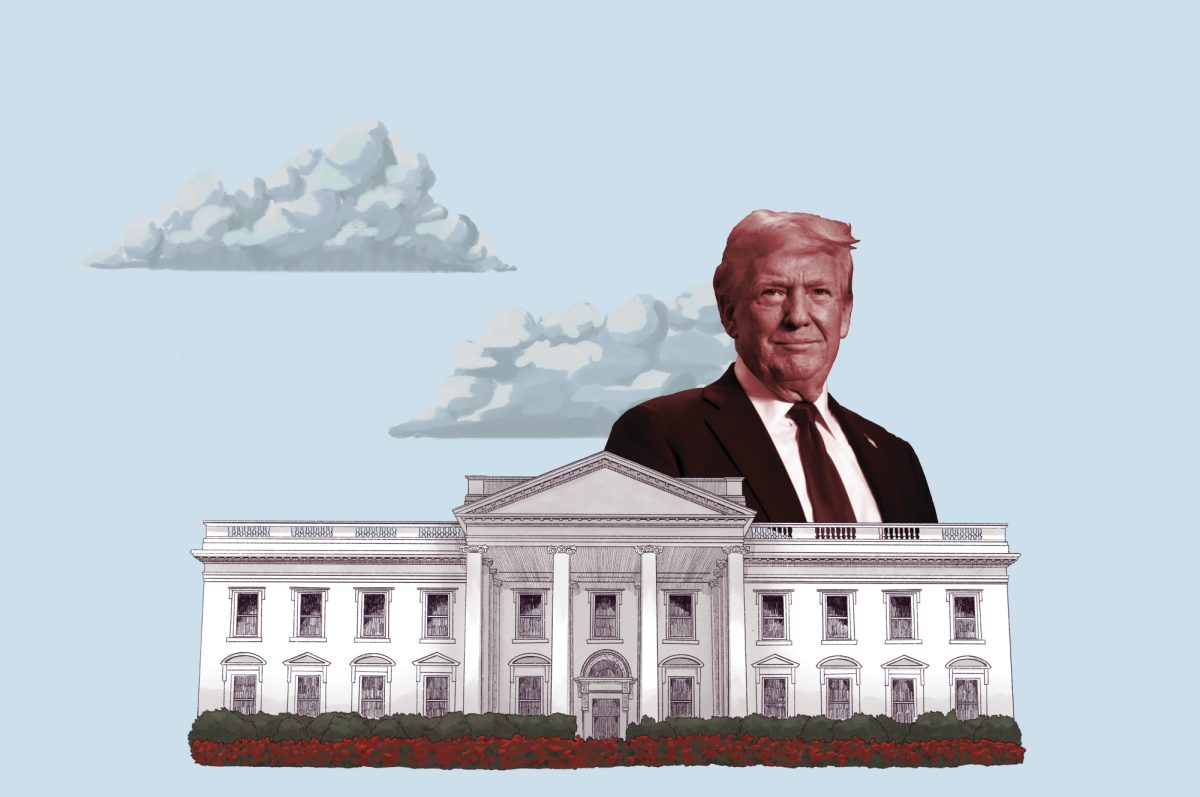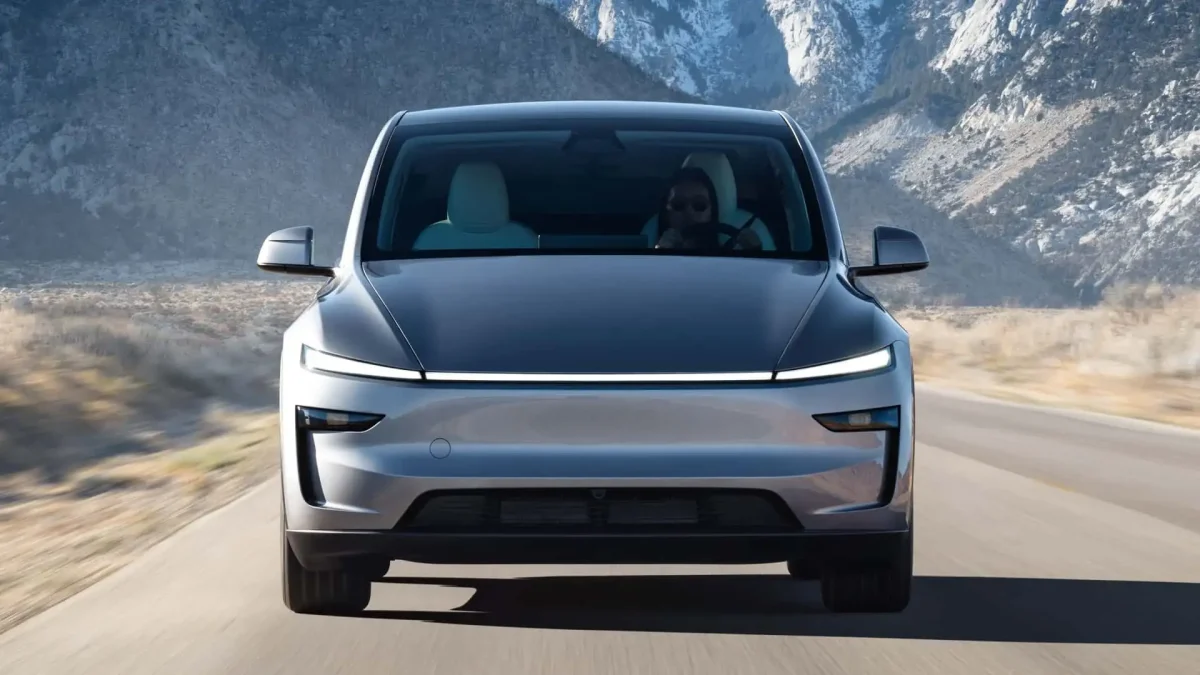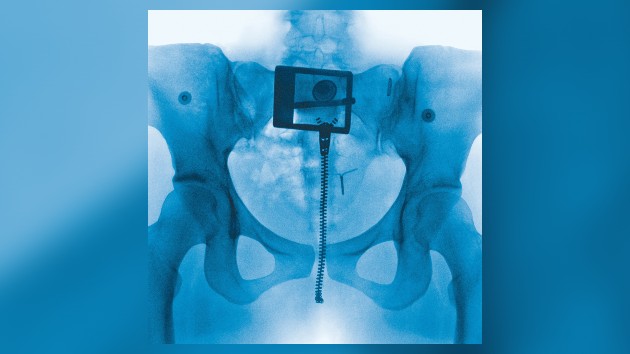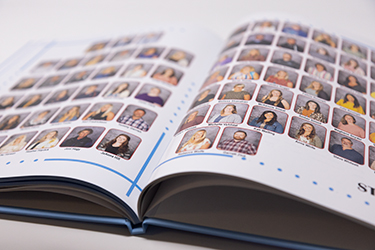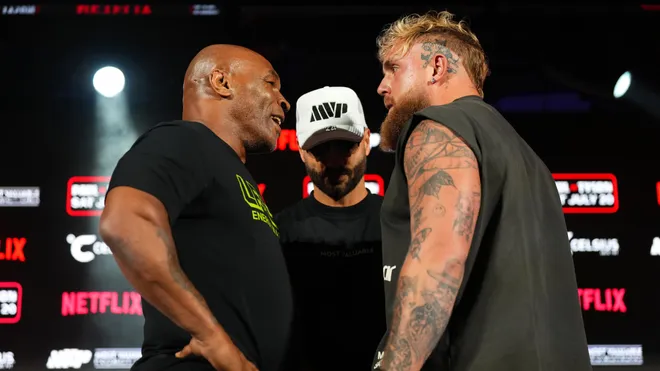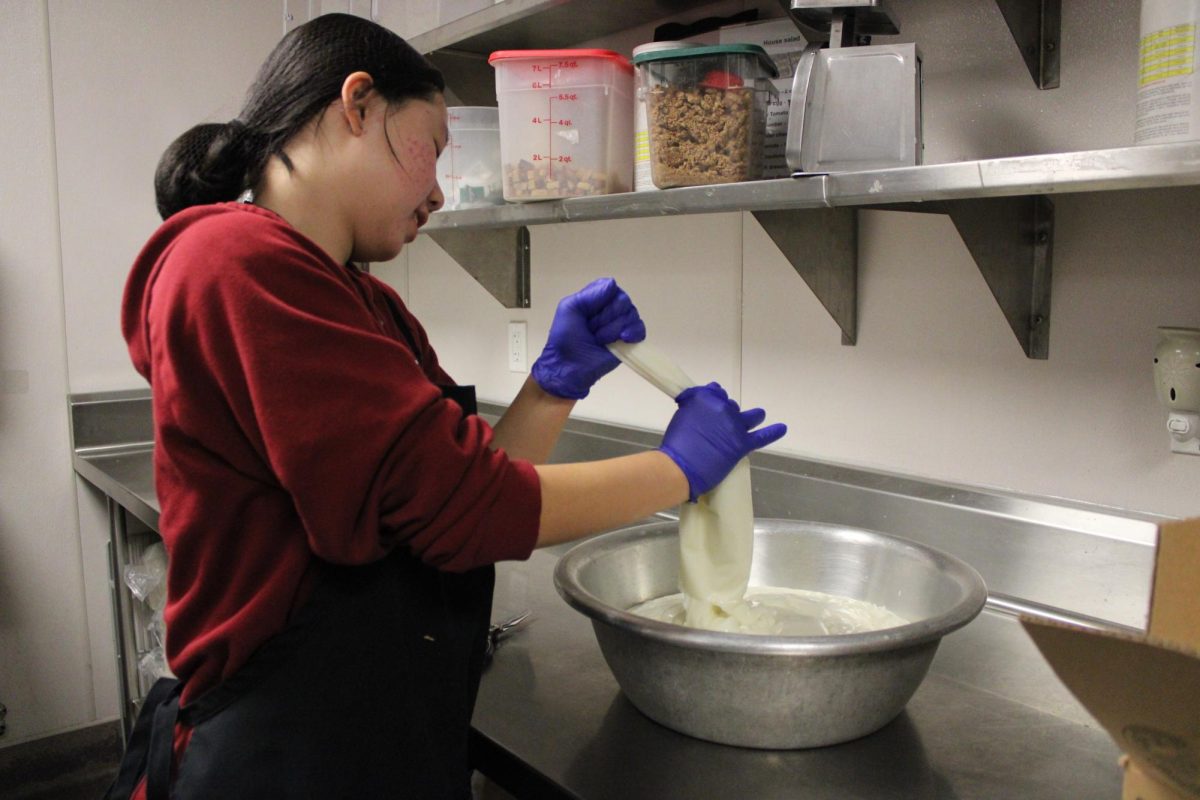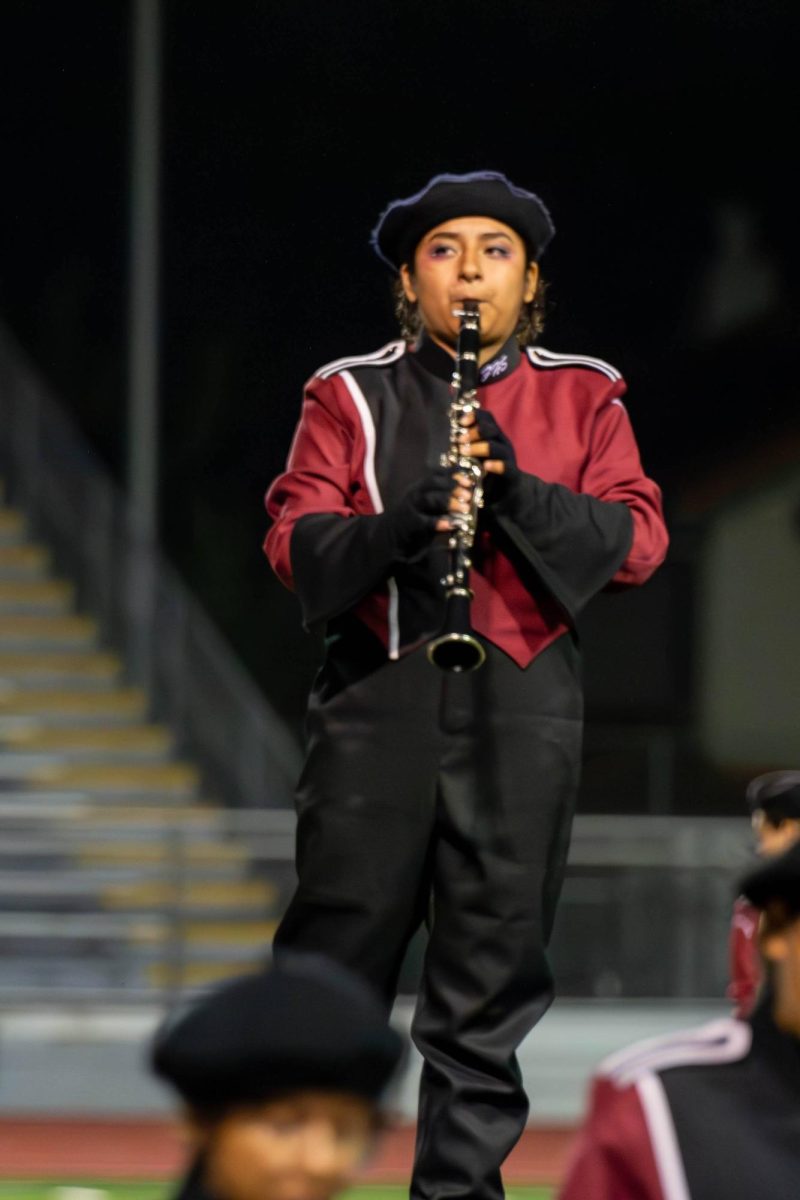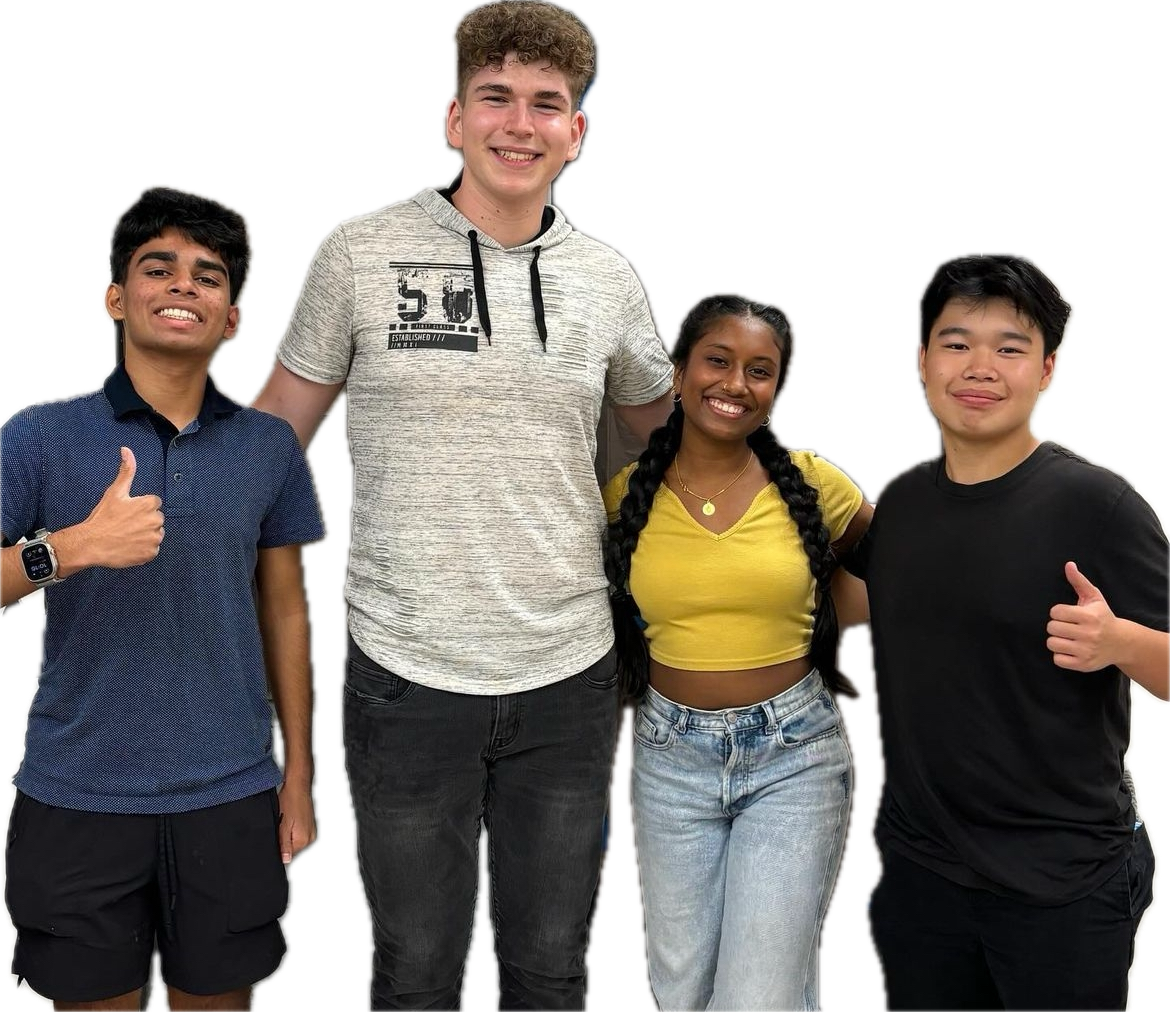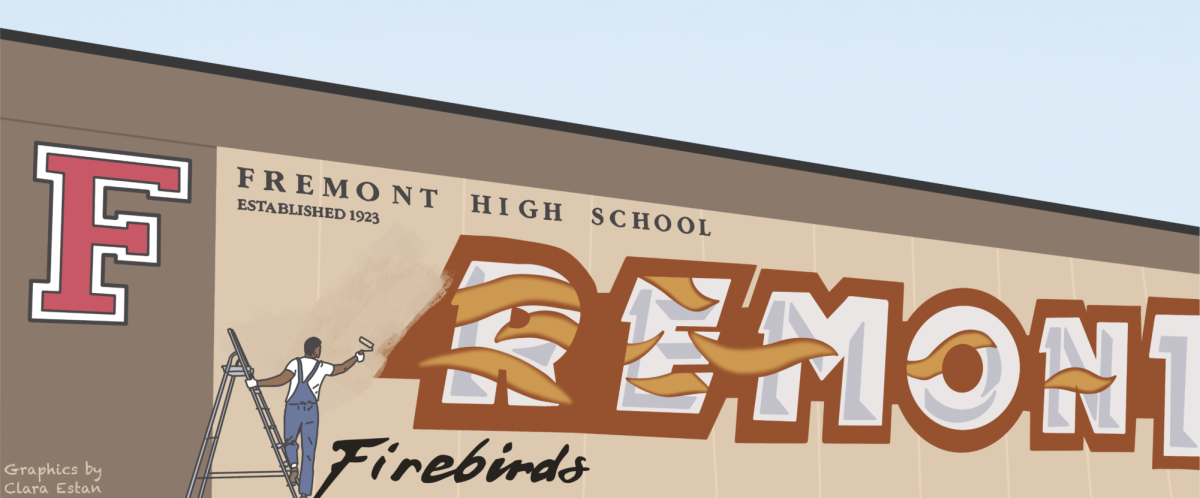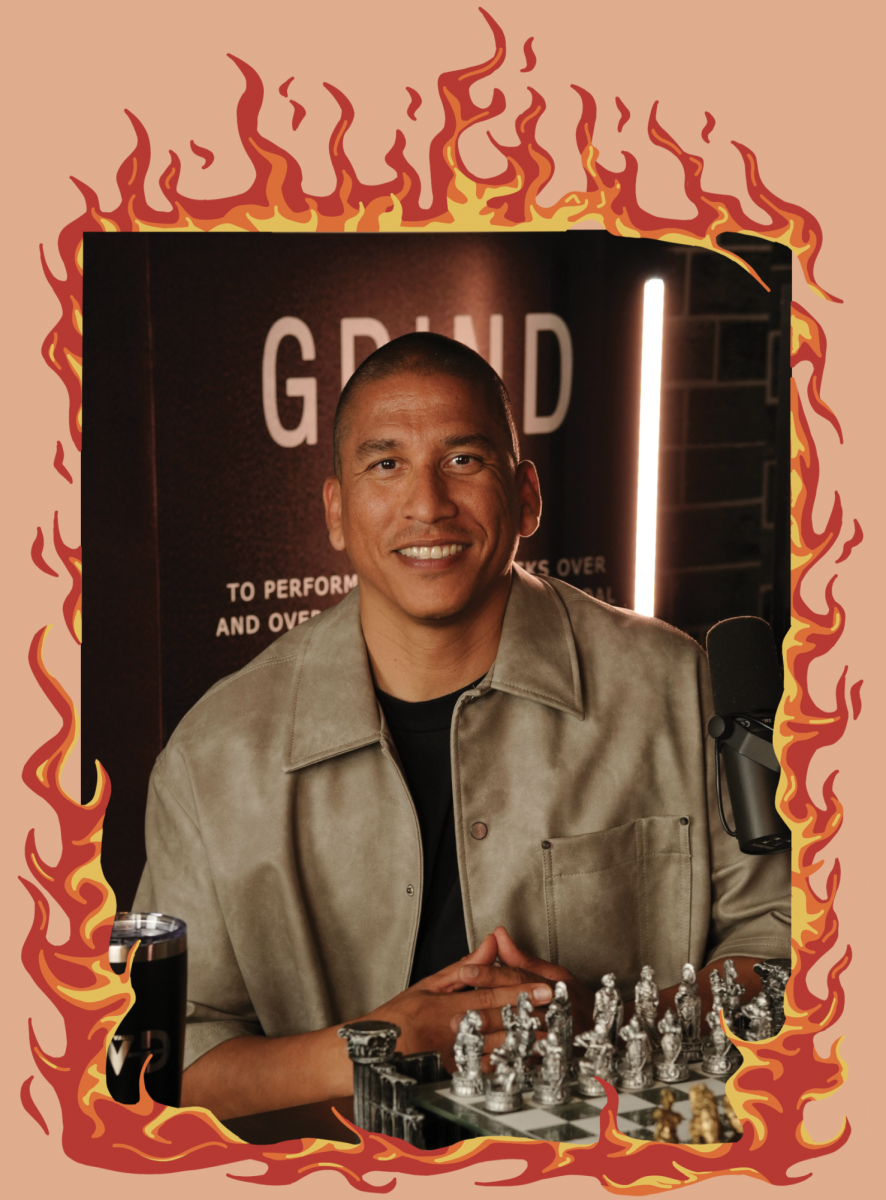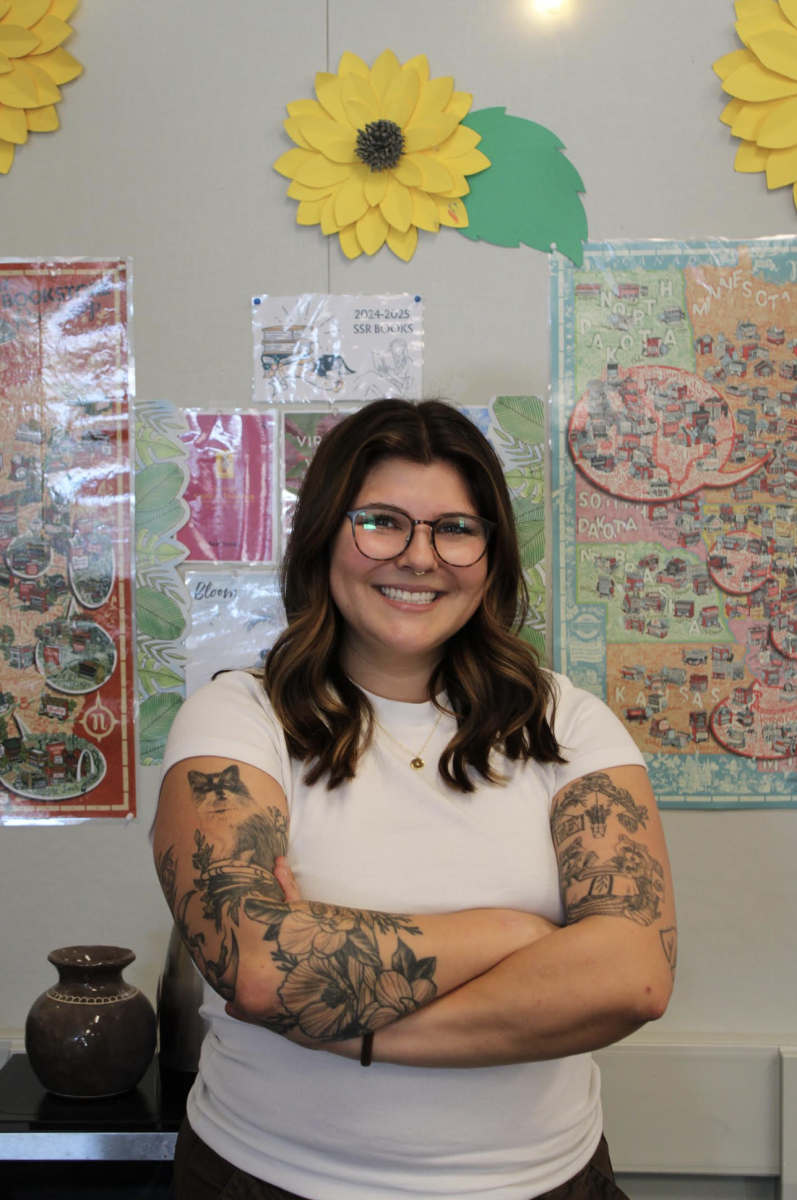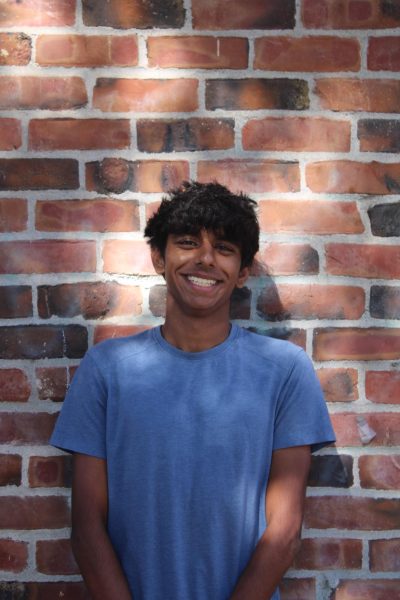On Tuesday, Nov. 5, 2024, Americans waited in anticipation of the presidential election results. For a candidate to win, they must gain 270 electoral college votes, the majority of 538 electors. Ultimately, President-elect Donald Trump won the election by gaining 277 electoral college votes when he won Wisconsin’s 10 electoral votes — beating Vice President Kamala Harris’ 224. In the 2016 presidential election, Trump won the electoral college votes, but not the popular vote; this election, he won both. In this year’s election, Harris underperformed in all swing states, winning Trump those votes and the election.
Among the most prominent issues on Trump’s agenda is the sealing of the U.S.-Mexico border and the consequent prevention of illegal immigration; he has notably criticized the Biden-Harris administration’s stance on this issue. Furthermore, as stated on his campaign website, he plans to “carry out the largest deportation operation in American history,” promising a more safe and secure country. FHS U.S. history teacher Thomas Hammond commented on the percieved impact of a second Trump presidency on the FHS community.
“I teach sheltered courses, so I’m in the midst of that,” Hammond said. “I understand the fear that’s there. It was there eight years ago when Donald Trump was elected in 2016. The fear is that if Trump gets elected, that there will be a systematic approach to finding all or most undocumented people, regardless of the quality of the person, and just simply, ‘You came across against the law and we’re sending you back.’”
Many blue-collar voters were inclined to vote for Trump for his economic policies, as he promises to lower taxes and end inflation, even claiming that he will lower gas and grocery prices during his second term. Democrats have frequently disparaged billionaire Trump for his upper-class-friendly policies, saying his priority is to cut taxes for the rich rather than the middle class.
Harris and other Democrats have consistently attacked Trump’s lack of political background and his criminal charges, pointing towards Harris’ lengthy career as prosecutor, California senator and vice president before running for office.
Locally, Larry Klein was re-elected as mayor. Klein has previously championed and continues to support well-maintained streets and transportation. He worked on bringing a city shuttle to Sunnyvale (a pilot project that will commence this fall) and intends to create more walkable and bikeable areas in the city. After a new town hall was erected during his term, Klein continued working to improve Sunnyvale infrastructure, targeting the completion of the city’s downtown development, as well as turning it into a permanent pedestrian zone.
On the national scale, the results of the presidential election shocked many, as several reputable polls, including ones by ABC News, predicted a narrow Harris win. Trump’s unexpected sweeping victory raises the question about where the United States stands now.
“Americans are unhappier and more divided than most about the state of their democracy, and particularly gloomy about its prospects for improvement,” according to Pew Research Center. NYU sociologist Delia Baldassarri explains that the media has an incentive to push the story of a constantly divided country.
“People click more on articles that talk about division than on articles with reports with no division in the community,” Baldassari said. News articles, TV networks and radio shows alike profit off of their viewers’ attention. Thus, portraying a stereotypically extreme image of opposing parties is a better economic decision for media companies.
Hammond described his experience using YouTube as a tool to receive political news.
“It turns into an echo chamber,” Hammond said. “If you lean a particular way, YouTube is going to feed you more information on just that side of the argument, so you get a very one-sided view of all of the issues, and then it starts to really impact your ability to evaluate and make an informed decision.”
This picture of a polarized nation, which many news outlets push, affects Americans’ perception of division in the United States. The Carnegie Endowment for International Peace attributes this perception to emotional polarization rather than political, meaning many harbor dislike for members of the opposite party.
“Our country is dealing with a problem where, whoever you affiliate with, you are then deemed or judged, regardless of who you support,” Hammond said.
Sociopolitical divide is an incredibly complex, multifaceted issue in American society. However, each individual can play their part in uniting the nation.
“I think the biggest way to solve that problem is to be in the same room with people that disagree with you and be open to discussion without it leading to hating that person,” Hammond said. “Because we’re all learning right? Even if you’re 89 years old, you do not have it all figured out.”
Many high schoolers, especially in an age of technology and social media, are exposed to lots of political news and events during election time. While only a fraction of high schoolers are eligible to vote, citizens can pre-register starting at age 16. Only 22% of eligible voters between the ages of 18-29 in California turned out to vote during the 2022 midterm elections, according to The Center for Information and Research on Civic Learning and Engagement at Tufts University. Sunnyvale councilmember Russ Melton, who currently has two children attending FHS, emphasized the importance of youth involvement in the government.
“Right now is exactly the time to be getting involved in politics,” Melton said. “You start that by voting every single election. You cast your ballot and then volunteer for campaigns and candidates that resonate with you, and then run for office yourself at some point, and then get in there and make an impact.”
Melton encouraged eligible voters to participate in the election. In an election cycle so tense and contested, every vote counts, at every level.
“There’s a bunch of stuff that can happen in Washington, D.C., and there’s a whole bunch of other stuff that can happen in Sacramento,” Melton said. “I’m here to tell you, the schools get run locally, by people who are elected locally. The police department and the ambulances and the fire department, that’s all provided locally. The streets, the parks, the libraries, all of these things, water, sewer, garbage collection.”
FHS senior Krishna Kemisetti, who voted in this election, described his reasons for why all eligible voters should cast a ballot when given the opportunity. This was his first time voting, having turned 18 this year, and he voted in all elections.
“It’s very important to exercise your civic responsibility of voting,” Kemisetti said. “You live in America, you have [the right to vote]. Not many people have the privilege of choosing their government, and you should take advantage of that opportunity because having a say in how your country is run is very important.”


